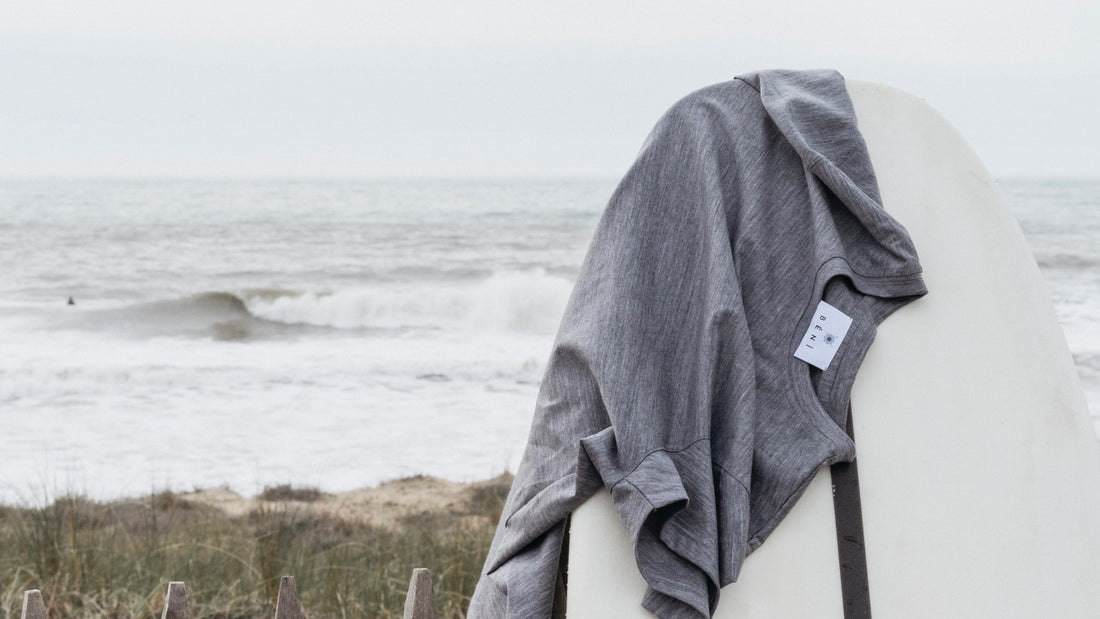On May 15 and 16, 2019 , the 10th edition of the Copenhagen Fashion Summit was held, the main global forum for responsible fashion . It's a little less glamorous than climbing the steps in Cannes but you may have heard about it because François-Henri Pinault (the CEO of the Kering Group - Gucci, Saint Laurent,...) volunteered to carry out an important mission: to mobilize the major players in fashion around a “Fashion pact” committing them to implement more responsible practices.
Quite a challenge when we know that the textile industry is the most polluting after oil . It is also the second largest user of water on the planet, and each year, it releases more than 500,000 tonnes of plastic microfibers into the oceans (an unknown consequence of washing synthetic clothing). Finally, it is one of those who benefit the most from the absence of workers' rights in too many countries ... I therefore sincerely wish Mr. Pinault great success!
Béni is far from having the means of the Kering Group but we are very lucky to be starting out, and it is much easier to do things right the first time than to have to reinvent yourself. So I consider that we have no excuse . We are undoubtedly still too small to be asked to sign this Fashion Pact but that does not stop us from taking a stand. We therefore wish to commit to not deviating from the pillars of Béni’s responsible model:
- A stable range to avoid the big waste of destroying unsold seasonal collections
- Neat but timeless models that you will be happy to wear for years
- Quality natural materials, robust and low-polluting in maintenance
- Sheep raised on responsible farms, guaranteeing animal well-being and respect for the environment and people
- Fabrics and accessories made by factories at the forefront of all environmental practices
- Manufacturing delegated to factories that offer good working conditions to their employees
All this comes at a very high cost. This is why we want to continue to develop our model of direct sales and limited fixed costs which alone allows us to do things well while offering exceptional products and allowing as many people as possible to benefit from them.
This model allows us to respond as best we can to the challenges of social and environmental responsibility. We will continue to work on it to further improve it and resolve remaining issues.
If you have any comments or questions, I would be happy to answer them.
Stephane


1 comment
Bravo, ce modèle economique est l’avenir, c’est certain. On ne peut continuer à laisser nos vêtements transformer notre planète en poubelle et des peuples qui n’aspirent qu’à la paix en esclaves !
Merci